Exercise & Environmental Physiology Labs
Going to extremes to advance human health and performance.
The Exercise and Environmental Physiology Labs in the Bowerman Sports Science Center, located within historic Hayward Field, are a research team and suite of facilities co-directed by Professors Christopher Minson and John Halliwill. We are part of the Department of Human Physiology.
We are about identifying the hormonal, neural, or metabolic factors that are responsible for changes in the cardiovascular system during exercise and exposure to environmental extremes. We believe we learn much more about the cardiovascular system when we challenge it. Just sitting around, we won’t know what it is capable of doing and what could be wrong. Push it with a stress such as exercise, heat stress, or altitude, and we get to see how robust a system it is. We gain insight into what can go wrong, and we can catch a glimpse of how disease disrupts health and performance. While our specific research projects are variable from year to year, this is the common theme. We have worked to apply knowledge from these areas to support collegiate athletes, professional sports teams, Olympians, and US Warfighters.
In The Homestretch: A Heptathlete’s Journey to Medical School | Colleen Uzoekwe
Faculty and Staff

Christopher Minson
Kenneth M. and Kenda H. Singer Professor of Human Physiology
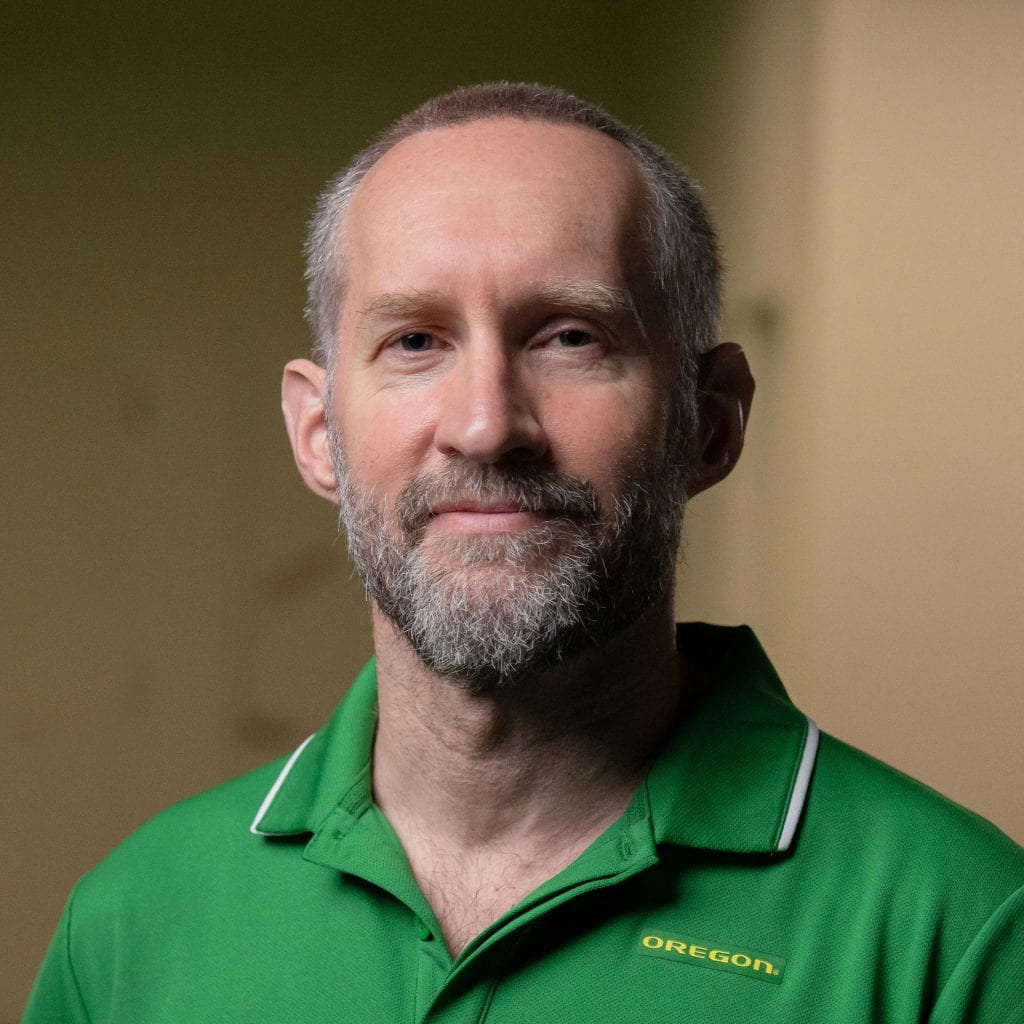
John Halliwill
Professor of Human Physiology
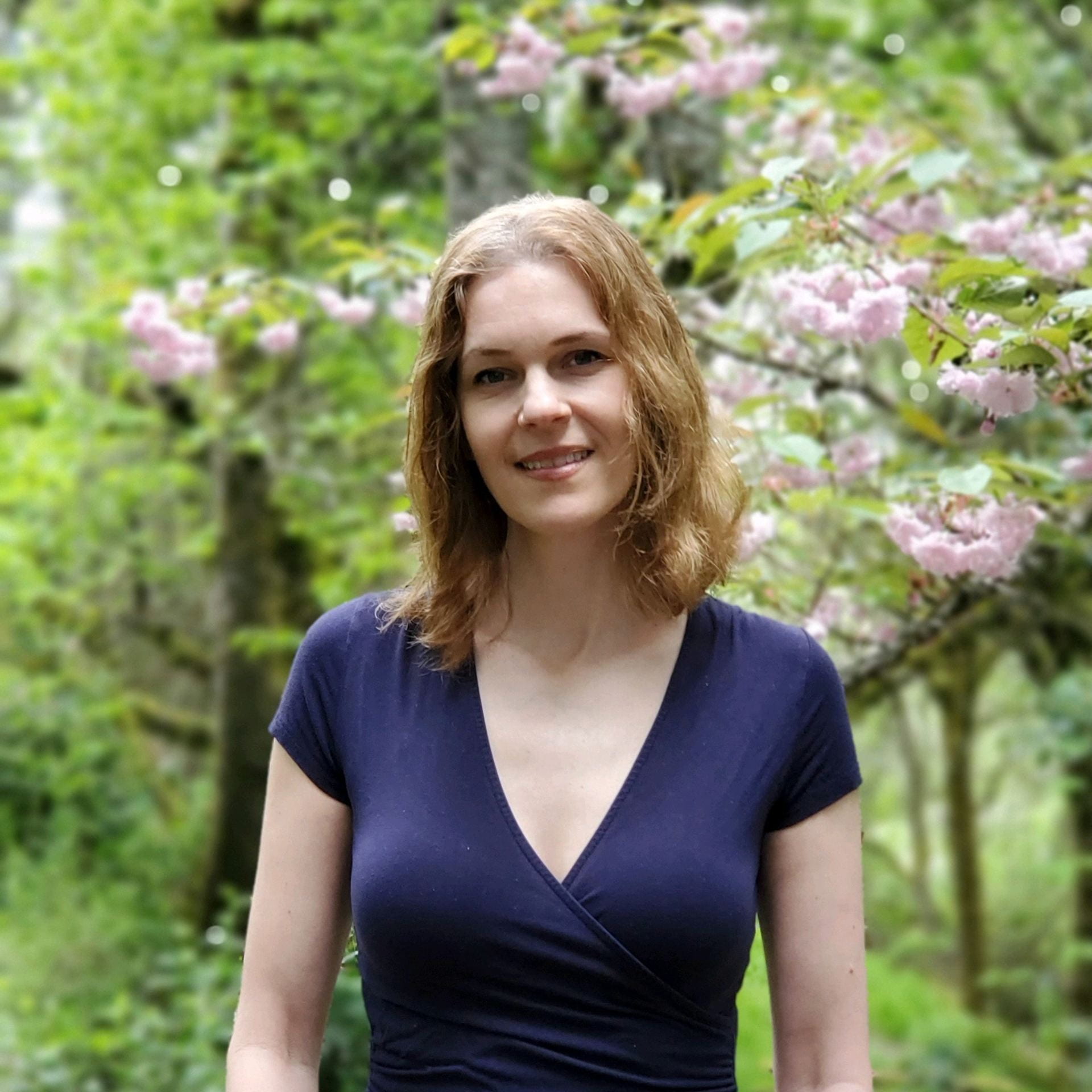
Karen Wiedenfeld Needham
Research Assistant

Lindy Comrada
Research Coordinator
Trainees

Rauchelle Richey
Postdoctoral Scholar
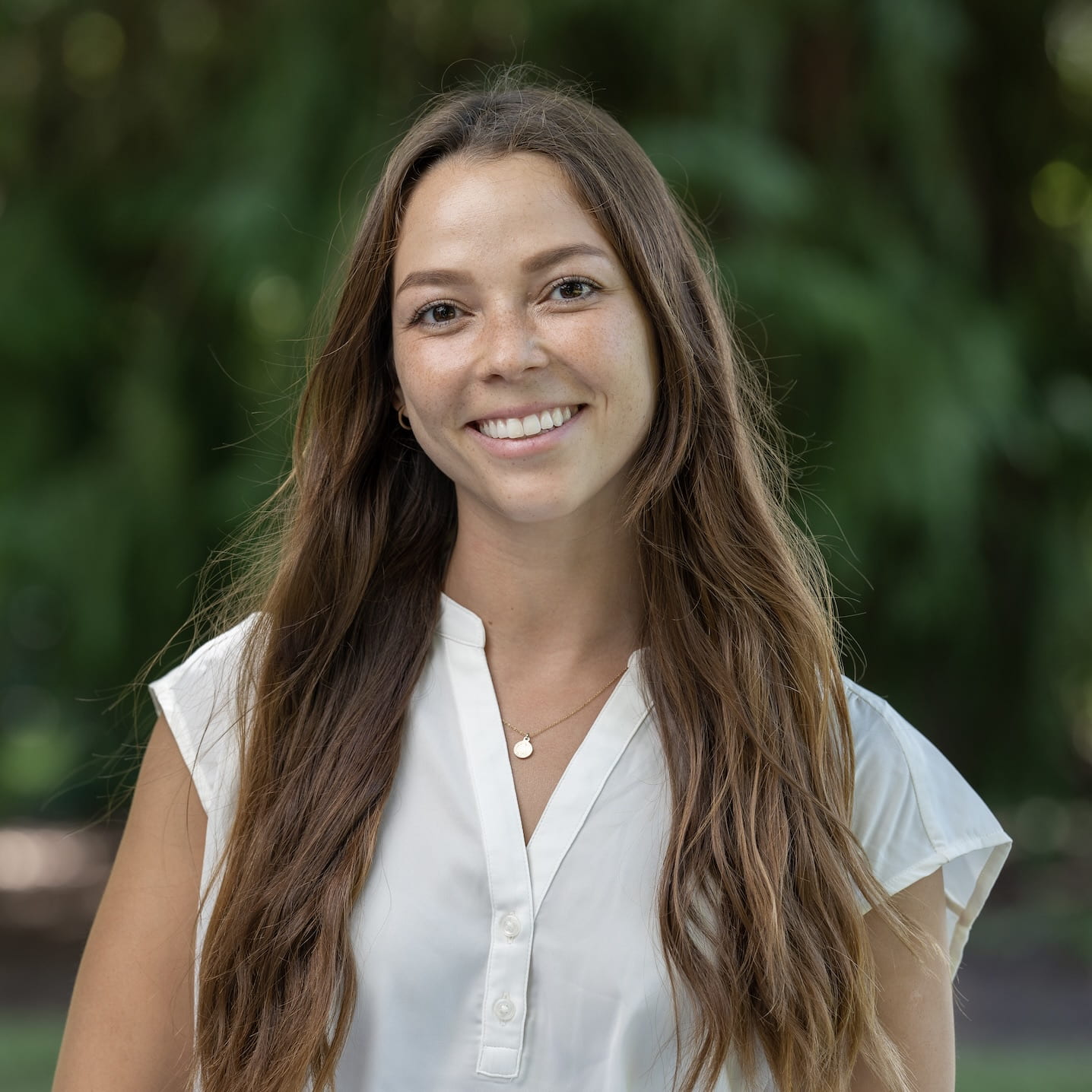
Jessica Atencio
PhD Candidate
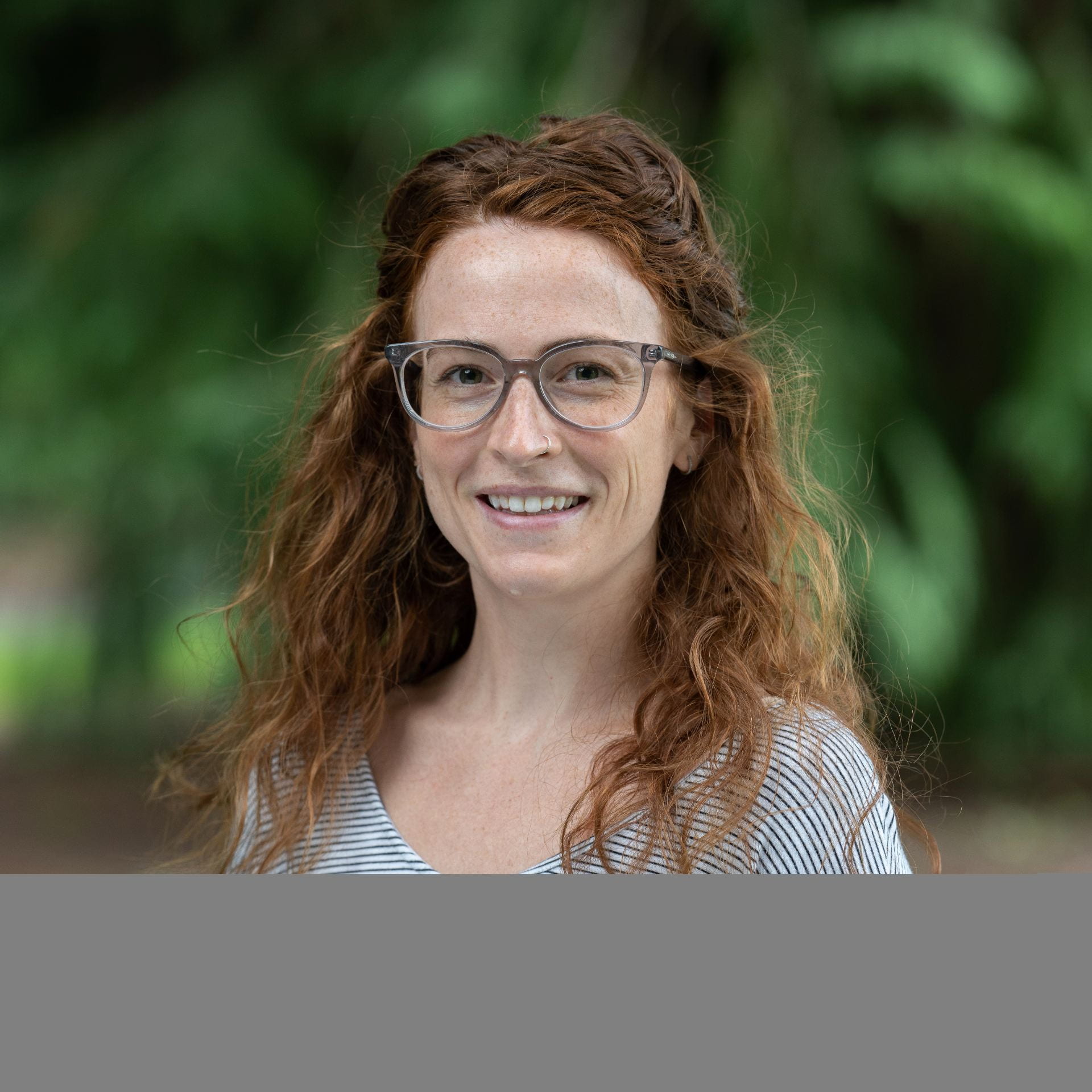
Emma Reed
PhD Candidate

Katie Lucernoni
PhD Candidate
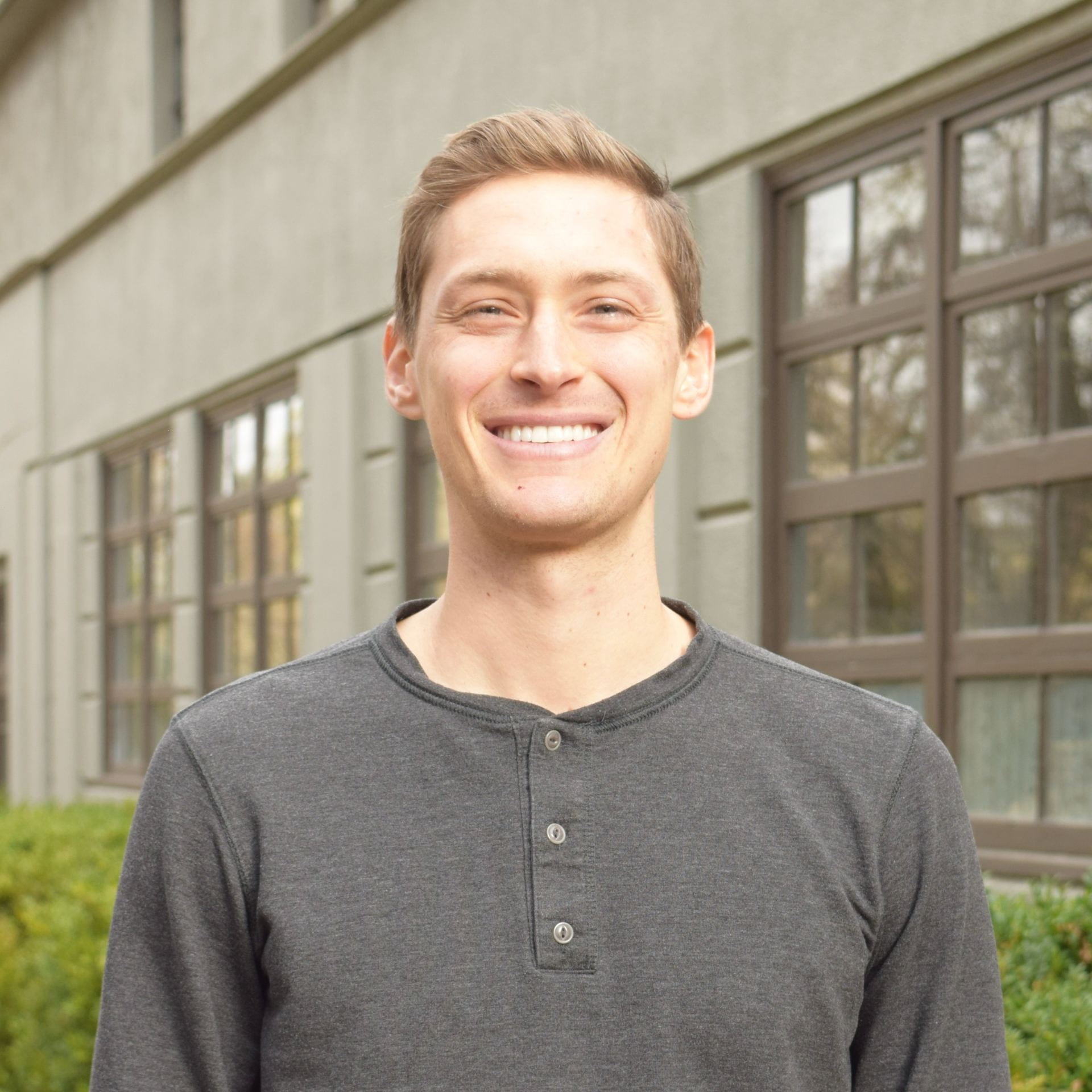
Kieran Abbotts
PhD Candidate

Juliana Esquivel
PhD Student
Research Interests
Extremes of heat, cold, and altitude: We think of them as novel ways to challenge the human system. Stress and adaptation. Current studies are investigating improvement of cardiovascular and metabolic function using chronic heat therapy. Various approaches to measure autonomic, endothelial, vascular, and microvascular function are employed in much of this research. We target health improvements as well as how to positively influence human athletic performance.
Exercise physiology: The science of stress and adaptation. Exercise has beneficial effects on cardiovascular health that go beyond what can be explained by the improvement of traditional risk factors. Current studies are designed to understand the mechanisms that underlie some of these beneficial effects of exercise. These studies may provide information that is pertinent to the use of exercise in the prevention and treatment of peripheral artery disease, endothelial dysfunction, high blood pressure and other cardiovascular diseases, and set the stage for new vascular health interventions targeted at older individuals.
Application to athletes: Too much science doesn’t make it out of the lab. We work behind the scenes to figure out how to apply novel science to help athletes stay healthy and perform at their best.
Bringing the mountain into the lab: If we wanted to study the physiology of a mountaineer climbing a high peak, we could drag hundreds of pounds of lab equipment up the mountain. Rather than take the lab to the mountain, we use our facilities to bring the mountain into the lab.